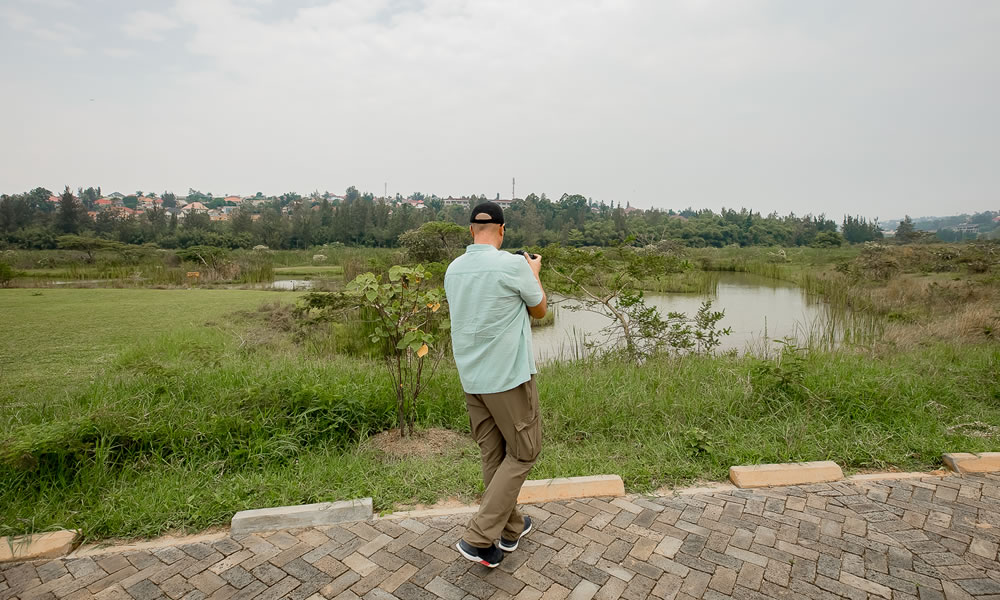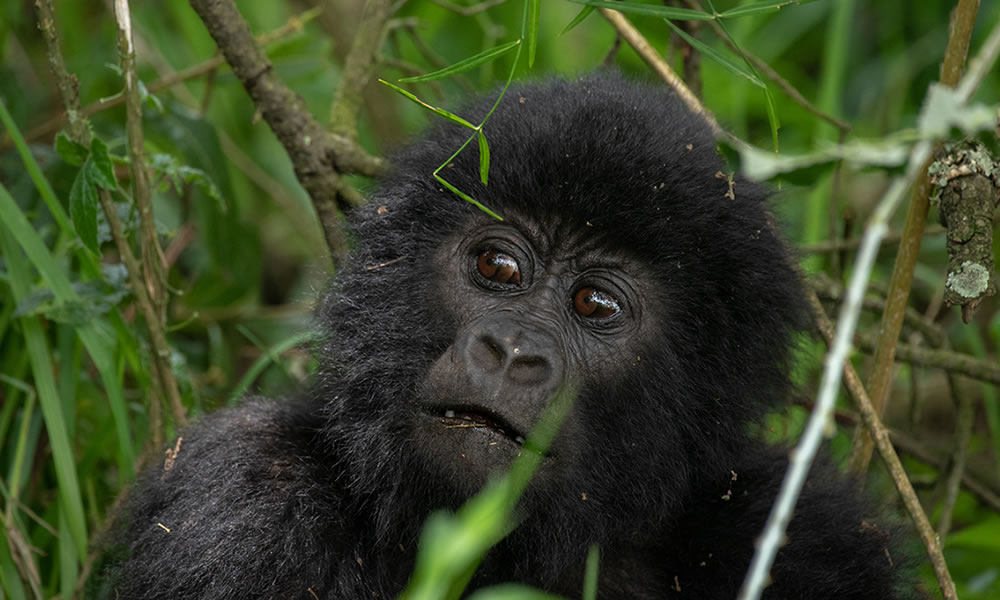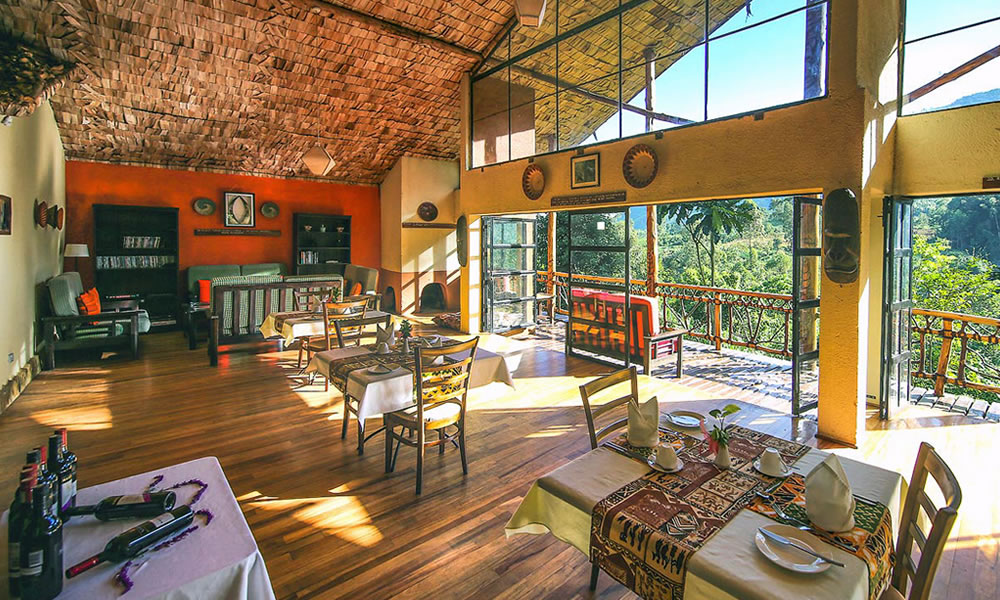Nyandungu Urban Wetland Eco-Tourism Park

Nestled in the heart of Kigali, Rwanda’s bustling capital city, the Nyandungu Urban Wetland Eco-Tourism Park stands as a remarkable testament to sustainable urban development and environmental conservation. This innovative eco-tourism destination represents one of Africa’s most successful urban wetland restoration projects, transforming what was once a degraded wetland into a thriving ecosystem that serves both conservation and tourism purposes. The park showcases Rwanda’s commitment to environmental stewardship while providing visitors with an exceptional opportunity to experience nature within an urban setting.
Location and Accessibility
The Nyandungu Urban Wetland Eco-Tourism Park is strategically located in Nyandungu sector, approximately 10 kilometers from Kigali’s city center. This prime location makes it easily accessible to both international tourists and local visitors seeking a nature escape without venturing far from urban amenities. The park’s proximity to major hotels, restaurants, and transportation hubs in Kigali makes it an ideal day-trip destination for travelers exploring Rwanda’s capital.
Visitors can reach the park via well-maintained roads, with ample parking facilities available on-site. The park’s accessibility extends to public transportation options, including buses and motorcycle taxis (commonly known as “moto” in Rwanda), making it affordable and convenient for visitors from all economic backgrounds. The strategic location also positions the park as a perfect starting point for visitors planning to explore other attractions in and around Kigali.
Historical Background and Development
The transformation of Nyandungu wetland from a degraded ecosystem to a world-class eco-tourism destination began as part of Rwanda’s broader environmental restoration initiatives. Originally, the area suffered from pollution, uncontrolled development, and habitat destruction that threatened its ecological integrity. The Rwandan government, in partnership with various environmental organizations and international donors, embarked on an ambitious restoration project that would serve as a model for urban wetland conservation across Africa.
The development process involved extensive community consultation, scientific research, and sustainable design principles. Local communities were actively involved in the planning and implementation phases, ensuring that the park would benefit both the environment and surrounding populations. The project incorporated traditional Rwandan environmental practices with modern conservation techniques, creating a unique approach to urban ecosystem restoration that has garnered international recognition.
Biodiversity and Wildlife
Nyandungu Urban Wetland Eco-Tourism Park boasts an impressive array of biodiversity that rivals many of Rwanda’s protected natural areas. The restored wetland ecosystem supports over 100 bird species, making it a premier birding destination for ornithologists and nature enthusiasts. Common species include various herons, egrets, ibises, and kingfishers, while the park also serves as a crucial stopover point for migratory birds traveling along the East African flyway.
The aquatic ecosystem supports numerous fish species, amphibians, and invertebrates that form the foundation of the wetland food web. Native vegetation has been carefully restored, including papyrus, water lilies, and various indigenous grasses and shrubs that provide habitat for wildlife while also serving important ecological functions such as water filtration and erosion control. The park’s botanical diversity includes both wetland-specific plants and upland species that create diverse microhabitats throughout the preserve.
Eco-Tourism Activities and Attractions
The park offers a comprehensive range of eco-tourism activities designed to educate, inspire, and entertain visitors while promoting environmental conservation. Guided nature walks along well-maintained boardwalks and trails provide intimate encounters with the wetland ecosystem, allowing visitors to observe wildlife behavior and learn about ecological processes from knowledgeable local guides.
Bird watching stands out as one of the park’s most popular activities, with strategically placed observation towers and bird hides offering excellent vantage points for photography and wildlife observation. The park provides binoculars and field guides for visitors, ensuring that both novice and experienced birders can fully appreciate the avian diversity.
Educational programs form a cornerstone of the park’s mission, with interactive exhibits, environmental education centers, and school group programs that promote conservation awareness among visitors of all ages. The park also features cultural components that highlight traditional Rwandan relationships with wetland ecosystems, including demonstrations of traditional fishing techniques and medicinal plant uses.
Conservation Impact and Environmental Benefits
Beyond its tourism value, Nyandungu Urban Wetland Eco-Tourism Park serves crucial environmental functions that benefit the broader Kigali metropolitan area. The restored wetland acts as a natural water filtration system, improving water quality in local streams and rivers while reducing pollution runoff into downstream ecosystems. The park’s vegetation helps mitigate urban heat island effects, providing natural cooling that enhances the city’s livability.
Flood control represents another significant environmental benefit, as the wetland’s capacity to absorb and slowly release water helps protect surrounding communities from flash flooding during heavy rains. The park also contributes to carbon sequestration, supporting Rwanda’s ambitious climate change mitigation goals while demonstrating how urban green spaces can contribute to global environmental solutions.
The conservation success at Nyandungu has inspired similar projects throughout Rwanda and across East Africa, establishing the park as a model for sustainable urban development that balances economic growth with environmental protection.
Visitor Experience and Facilities
The park’s visitor facilities are designed to maximize comfort and accessibility while maintaining harmony with the natural environment. A modern visitor center serves as the entry point, featuring interactive displays, gift shops offering locally-made crafts, and information services staffed by knowledgeable personnel who can customize experiences based on visitor interests and abilities.
Well-designed boardwalks and trails accommodate visitors with varying mobility levels, ensuring that the park’s natural wonders are accessible to elderly visitors and those with disabilities. Rest areas, picnic facilities, and observation decks are strategically positioned throughout the park to enhance the visitor experience while minimizing environmental impact.
Planning Your Visit
The best time to visit Nyandungu Urban Wetland Eco-Tourism Park is during Rwanda’s dry seasons, from June to September and December to February, when wildlife viewing is optimal and walking conditions are most comfortable. However, the park remains accessible and enjoyable throughout the year, with each season offering unique experiences and wildlife activity patterns.
Visitors should plan to spend at least half a day at the park to fully appreciate its offerings, though full-day visits are recommended for serious birders and photography enthusiasts. The park operates daily with varying hours depending on the season, and advance booking is recommended for guided tours and educational programs.
Nyandungu Urban Wetland Eco-Tourism Park represents a remarkable achievement in urban conservation and sustainable tourism development. By successfully transforming a degraded ecosystem into a thriving conservation area and premier eco-tourism destination, the park demonstrates Rwanda’s leadership in environmental stewardship and innovative approaches to sustainable development. For visitors to Kigali, the park offers an unparalleled opportunity to experience Rwanda’s natural heritage while supporting conservation efforts that benefit both local communities and global environmental health. Whether you’re a dedicated birder, conservation enthusiast, or simply seeking a peaceful escape from urban life, Nyandungu Urban Wetland Eco-Tourism Park provides an unforgettable experience that connects visitors with Rwanda’s commitment to preserving its natural treasures for future generations.


